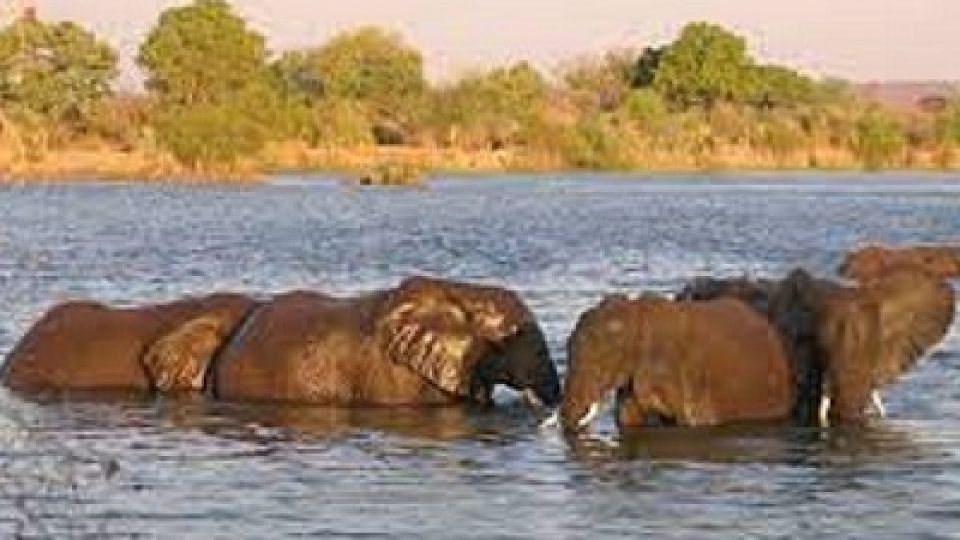from OBERT SIAMILANDU in Kariba, Zimbabwe
Zimbabwe Bureau
KARIBA, (CAJ News) – THE fisheries sector is bearing the brunt of climate change on the Lake Kariba, the world’s largest artificial lake and reservoir by volume.
The climate crisis has culminated in fluctuating lake water levels that have also affected electricity availability.
The United Nations Food and Agriculture Organisation (FAO) bemoaned the trend, at the recent launch of the Lake Kariba Inshore Fisheries Management Plan.
“Fisheries have also been affected by the changes,” said FAO Coordinator for Southern Africa, Patrice Talla.
Talla said research conducted in Lake Kariba had shown that increasing temperatures affect fisheries productivity and the fluctuating lake water levels impact on the actual fishing activities by fishery-dependent communities.
“Although we face these and many other challenges, this launch event meeting has presented an opportunity for key fisheries stakeholders to meet today,” the official said.
Small-scale fisheries globally face many challenges that render them vulnerable to global climatic and socio-economic changes, according to FAO.
“Enhancing sustainability of small-scale Fisheries of Lake Kariba is necessary for improving fisheries management and also improving availability of fish for food security and economic growth,” said Talla.
The Lake Kariba Inshore Fisheries Management Plan was developed through the Technical Cooperation Programme (TCP) between the Government of Zimbabwe and the FAO for Enhancing Community Resilience and Sustainability of small-scale Fisheries of Lake Kariba.
FAO is implementing another fisheries initiative jointly with the Government of Zimbabwe called the FISH4ACP project.
Nqobizitha Mangaliso Ndlovu, the Minister of Environment, Climate, Tourism and Hospitality, welcomed the launch of the Lake Kariba Inshore Fishery Management Plan
“The launching today of this plan marks the beginning of a new era of sustainable fishing practices which will ensure that future generations will benefit from the fishery of this lake,” he said.
The Kariba water provides a multiplicity of livelihoods activities, of which the fisheries sector is also most prominent.
“Local communities and the nation at large derive the much-needed protein from the water resources of the Zambezi Valley,” Ndlovu said.
– CAJ News

